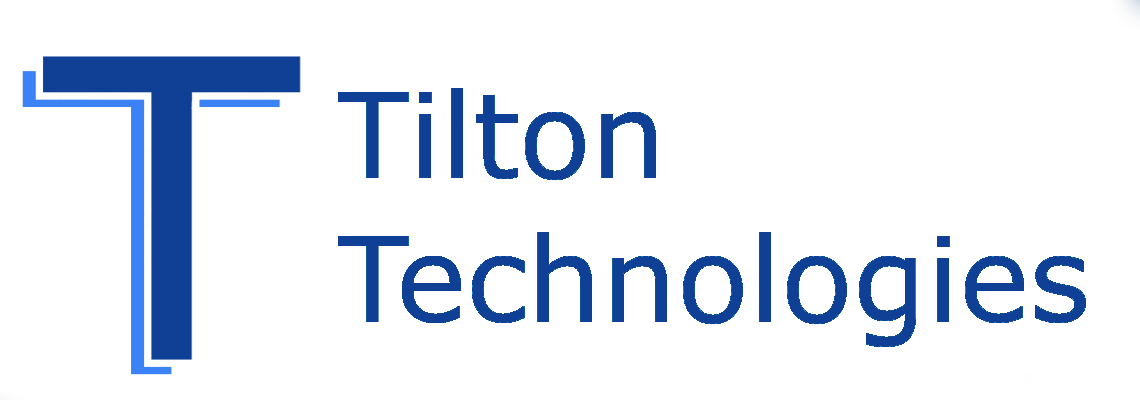Bridging the Gap: Integrating Proprietary Systems with LLMs Using MCP
In today's rapidly evolving technological landscape, Large Language Models (LLMs) are transforming how businesses operate, from automating customer service to generating insightful reports. However, a significant hurdle for many enterprises is integrating these cutting-edge LLMs with their existing, often proprietary, legacy systems. At Tilton Technologies, we understand this challenge, and we're excited to highlight a revolutionary solution: the Model Context Protocol (MCP).
The Integration Conundrum
Traditional methods of connecting LLMs to internal data sources and tools often involve complex, custom-built integrations. This leads to a fragmented ecosystem, making it difficult to scale, maintain, and secure AI applications. Proprietary systems, with their unique data structures and APIs, present an even greater challenge, often requiring extensive bespoke development for each integration.
Enter the Model Context Protocol (MCP)
Developed by Anthropic, MCP is an open standard designed to standardize how LLMs interact with external tools, APIs, and private data. Think of it as a universal translator or a "USB-C for AI." Instead of building custom logic for every integration, MCP provides a common framework for LLMs to access, interpret, and act on real-world information.
How MCP Benefits Tilton Technologies' Clients:
Seamless Data Access: MCP allows LLMs to securely access proprietary data from your internal systems (CRMs, ERPs, databases, document management systems) without the need for complex data migrations or risky data exposure. This means your LLMs can draw on your unique business context to provide highly accurate and relevant responses.
Actionable AI: Beyond just information retrieval, MCP enables LLMs to trigger actions within your proprietary systems. Imagine an LLM-powered assistant that can not only answer questions about inventory but also initiate an order within your ERP system, all within a secure and governed framework.
Reduced Development Overhead: By offering a standardized protocol, MCP significantly reduces the time and resources traditionally required for LLM integration. This means faster deployment of AI solutions and a quicker return on your AI investments.
Enhanced Security and Governance: MCP is built with security in mind, providing mechanisms for access control, auditing, and compliance. This is crucial for businesses dealing with sensitive proprietary data, ensuring that LLMs adhere to your organization's security policies.
Future-Proofing Your AI Strategy: As an open and vendor-agnostic standard, MCP promotes interoperability. This means your AI solutions can evolve with the latest LLM advancements without being locked into a single vendor's ecosystem.
The Future is Here: Tilton Tech provides some an open-source binding that allows the Rust programming language to interact with the Google Gemini Models, also providing support for MCP. Though the bindings are free for all to use, we utilize this utility in conjunction with out own proprietary customer tools in order to provide them with solutions that solve their specific needs.
Tilton Technologies: Your Partner in AI Integration
At Tilton Technologies, we are at the forefront of leveraging innovative solutions like MCP to empower businesses. We help you navigate the complexities of integrating LLMs with your existing proprietary systems, ensuring a secure, scalable, and high-performing AI infrastructure.
Ready to unlock the full potential of LLMs within your organization? Contact Tilton Technologies today to learn how MCP can revolutionize your IT landscape.
Tilton Technologies GitHub Page: https://github.com/pdtilton
